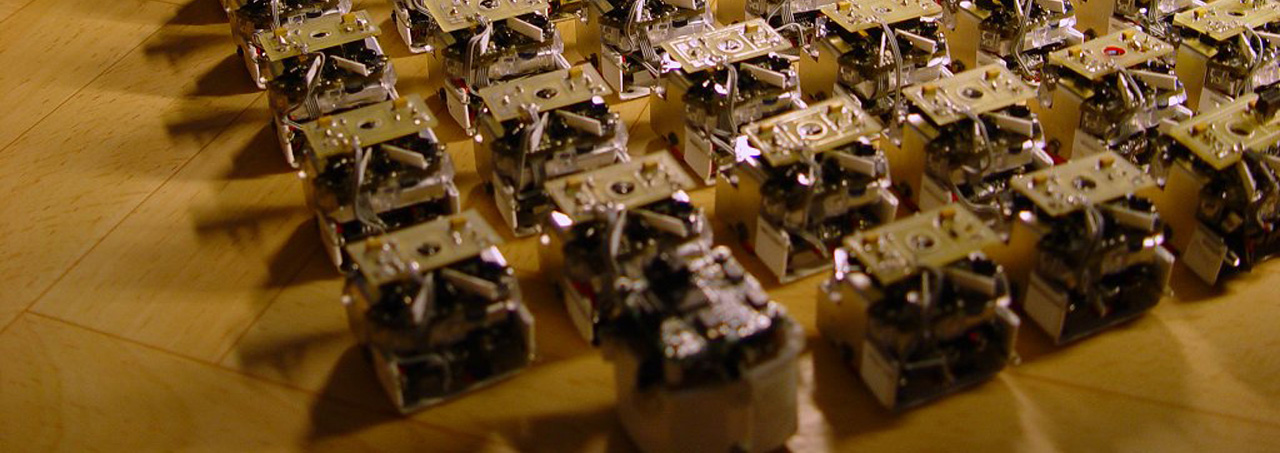Scientific and/or technologic and/or socio-economic impacts of the research project
The decentralized control problem will become crucial within the Smart Cities of the future for balancing the network load and for the adoption of energy saving policies.
Anyway, this problem will be also crucial for other valuable sectors, such as sustainable mobility as well as care of the elderly in their living environments. Thus, transmission channels for the flow of the information, which is necessary for control and management purposes, will then be enabled within the network.
The capability of these channels will be limited, thus a supervision and control policy, based on a sporadic intervention which does not negatively affect performances, will improve the functioning of the distributed architecture which makes efficiency one of its fundamental objectives. A network, which has been developed to redistribute resources in the event of a fault or failure, and which exploits only the hardware redundancy to increase its reliability, contrasts with the sustainability policies. The exploitation of the analytical and structural redundancy in an intelligent manner through fault-tolerant control policies, instead, provides the network with reliability and robustness, autonomy and increased self-repair capabilities.
Smart Grids represent an important infrastructure upon which the Smart Cities can be built, but there are other critical infrastructures, such as those involving the transport sector, the environment (air and water), and the social, in which the same principles seen for the energy sector apply.
The innovations that this research project bring are related to the methodology and can then be extended to many sectors, in order to pursue the objectives of the Smart philosophy: in a world where resources are distributed, the role of their interconnection is crucial in order to achieve the objectives of a sustainable future.







Social Profiles